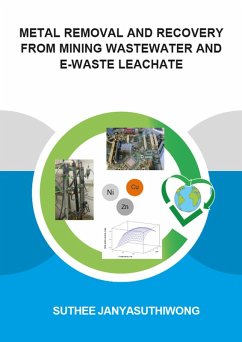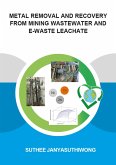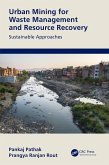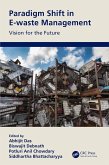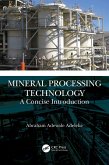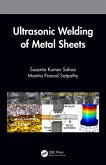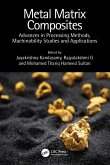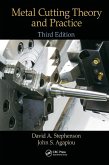>97%. Electronic waste is a good candidate as secondary metal resource. The recovery of Cu from computer printed circuited boards (PCBs) using biogenic sulfide precipitation was investigated as well. Using this technology, Cu could be recovered at ~0.48 g Cu/g PCBs.
Dieser Download kann aus rechtlichen Gründen nur mit Rechnungsadresse in A, B, BG, CY, CZ, D, DK, EW, E, FIN, F, GR, HR, H, IRL, I, LT, L, LR, M, NL, PL, P, R, S, SLO, SK ausgeliefert werden.

